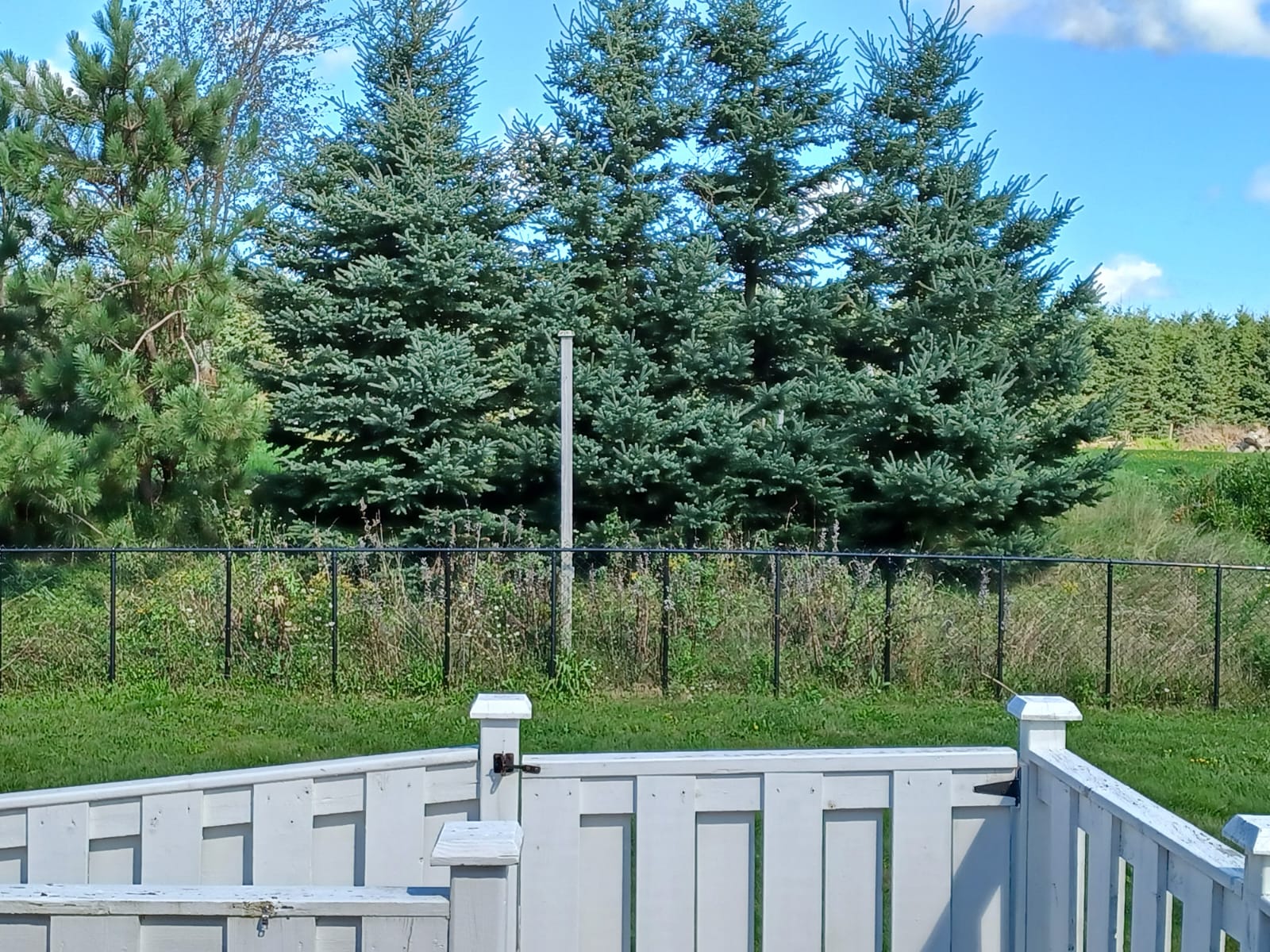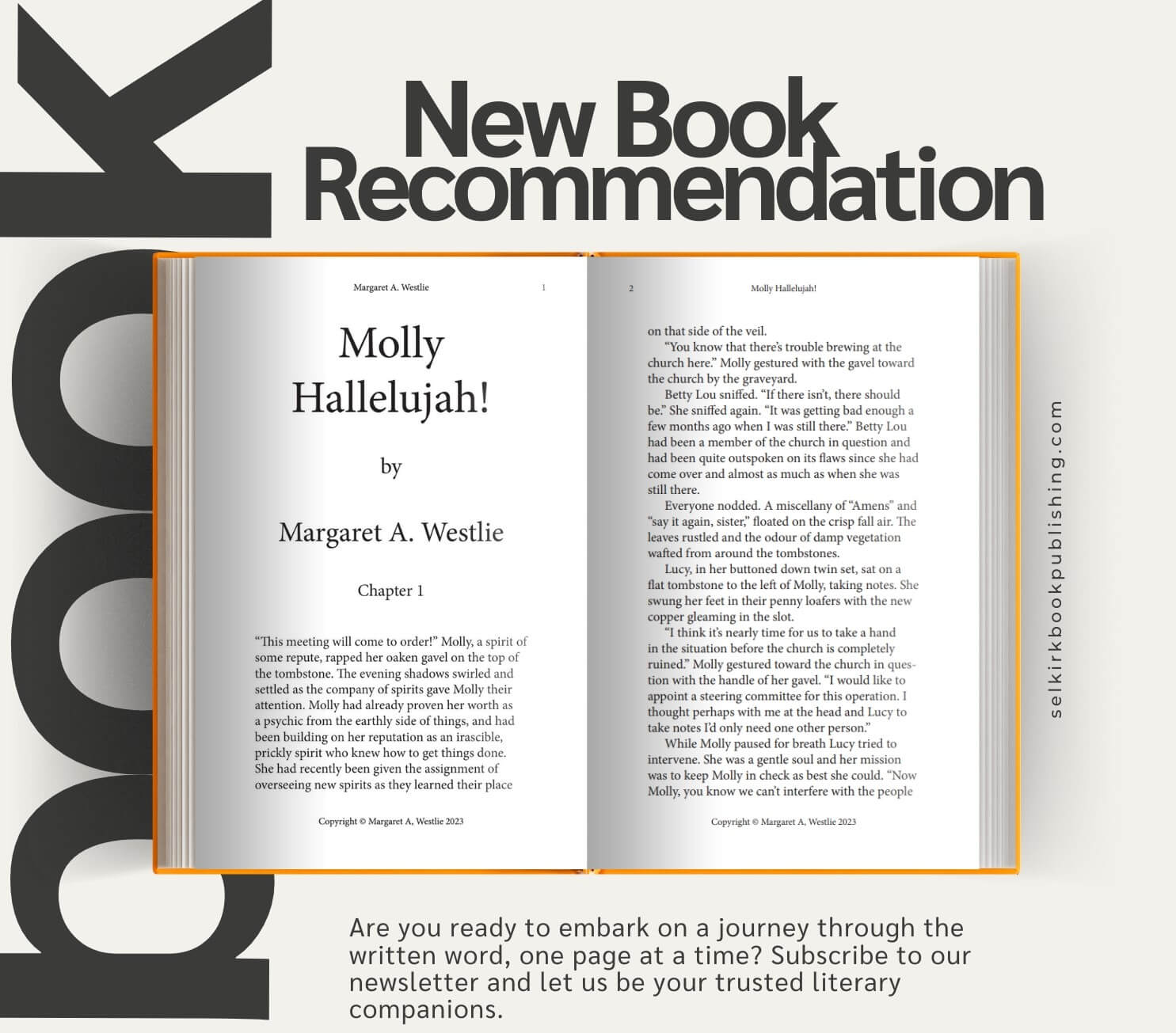Imagination is as much a thief of time as procrastination. The difference is that imagination gives you something wonderful to show for the time it steals, while the time stolen by procrastination is merely wasted and gone forever. I discovered this wonderful secret when I first took s creative writing class. I had always wanted to study creative writing, and when opportunity tapped gently on my academic door, I opened to it.
All that semester I worked at writing poems, scenes from different points of view, snippets of dialogue around a particular theme, more poems, and two short stories. The first glimmer of awareness that I could actually write came when I got an A for a poem. The process began to be fun rather than work, and by the end of the course I was having more fun than I’d had in a long time.
It was exciting! My imagination, that I’d thought to be non-existent, was suddenly alive and bursting with ideas and associations. I regretted the end of the class. I felt rootless and dissatisfied. I moped. My temper was uncertain. In short, I missed writing. One afternoon while I waited for my husband to give a final exam I noticed that his computer was on and I began playing with it. I wondered how long I could keep a dialogue going without running out of something to say, and having nothing better to do since I had no exams to study for, I began a dialogue between an old lady in a nursing home and her best friend who was already a ghost. This was a tricky proposition because the old lady, being a stroke victim, couldn’t talk sense. It was fun. I did it again the next day, and the day after that, and then again the day after that, until I had thirty pages of dialogue, several other characters on both sides of the veil, a hero and a heroine, and most of the details of a plot worked out. I felt a tickle of excitement in my tummy. I hardly dare voice the words to John when he asked what I was doing: “I think I’m writing a novel!”
I continued working every day all morning for six weeks. I had no idea how to chapter, nor how to end a scene. I just wrote my heart out. In the end, after revisions of a sort I had a novel of 269 pages. It’s a good story even yet, but now after the birth of many more novels I see its flaws. They are problems which, I see now, can easily be solved.
Over the subsequent years I have not only learned a lot about writing, I have also learned a lot about imagination. It’s almost like a living thing. I have discovered that I must not overwork it. It gets tired and needs a rest just as I do. I have found that I must give it adequate time to do its thinking and planning for me. If I try to force it, it will balk and nothing will happen. It needs to be fed. I must offer for its delectation the daily events and minutiae of life. Imagination is insatiable in some ways and accepts for processing everything I might offer. All morsels of information are taken into my subconscious to be digested, and when the bits come out again they are part of something different and are so transformed that the owners of the original bits will never recognize them as their own.
That semester I learned to journal and it has become another of the ways I feed my imagination. Journaling is not just keeping a diary, although it does have aspects of a diary in that if it is being properly kept, the writing will be daily. What journaling does is help me to organize my thoughts and ideas, note observations I’ve made about people, places, and events, that have important content concerning things which I have been thinking about. In the long term it helps me to see my growth as a person and as a writer. It also keeps track of the important events in my life because I do use it as a diary as well. Journaling also keeps the creative flow going when I’m not working on any particular project. The old saying that “eating makes appetite” can be adapted here to describe writing. The more I write, the more I want to write, and journaling is the bridge between projects.
I feed my imagination by reading. I am a voracious reader, especially in science. I read everything within reach and if I have nothing else to read, I read the labels on the ketchup bottle. I play with words. I try to discover how many words I can make out of just one word by rearranging the letters. I juxtapose words that normally would not be used together. I do crossword puzzles, the harder the better. I read other writers’ novels and spin my own ideas from them. I create scenes in my head. I picture the scientists whom I read about, white-coated, in front of their microscopes, making important discoveries. I wonder what they’re like to live with, if they’re married, whether they have children, do they have pets, and do they get along with their mothers-in-law? All this reading and wondering and juxtaposing feeds my imagination.
Imagination needs exercise. It can become very lazy if it’s not exercised regularly. Free association is a workout for the imagination. Like walking, it doesn’t require any special equipment beyond what I was born with. It can be done anywhere and no one knows I’m doing it, except perhaps my husband. Something in my environment will catch my attention and I’m off and running with a series of” what if’s ,” and “I wonder why’s,” and suddenly I’m making some of the most preposterous connections between improbable people, places and things. Nothing needs to make sense when I’m free associating, but a crazy kind of sense occurs and leads me to ideas for stories and funny anecdotes. I am reminded of other things I’ve seen and heard in a different context, and a new door in my perception is opened and a whole new adventure begins.
Nurturing an imagination takes time and effort but it repays a hundred-fold in the long run. I never worry about writers’ block because I know that with an appropriate stimulus I can let my imagination go and free associate anything my heart desires. I set the writing problem for the day consistent with the story I’m spinning and let go. I write everything that comes to my mind within the context of my story, no matter what it is. I refrain from passing judgment on anything my imagination dictates to me. That will come later. That’s what revisions are for.
Keeping an imagination is a little like keeping a cat. It has a secret life all its own, but if I take time to properly train and feed it, it will come whenever I call. To free associate a little further, imagination has elements of the cat burglar who was called the kissing bandit. The burglar would steal the ladies’ jewels and reward them with a kiss. Imagination steals my time but it leaves me with such a sweet reward.






